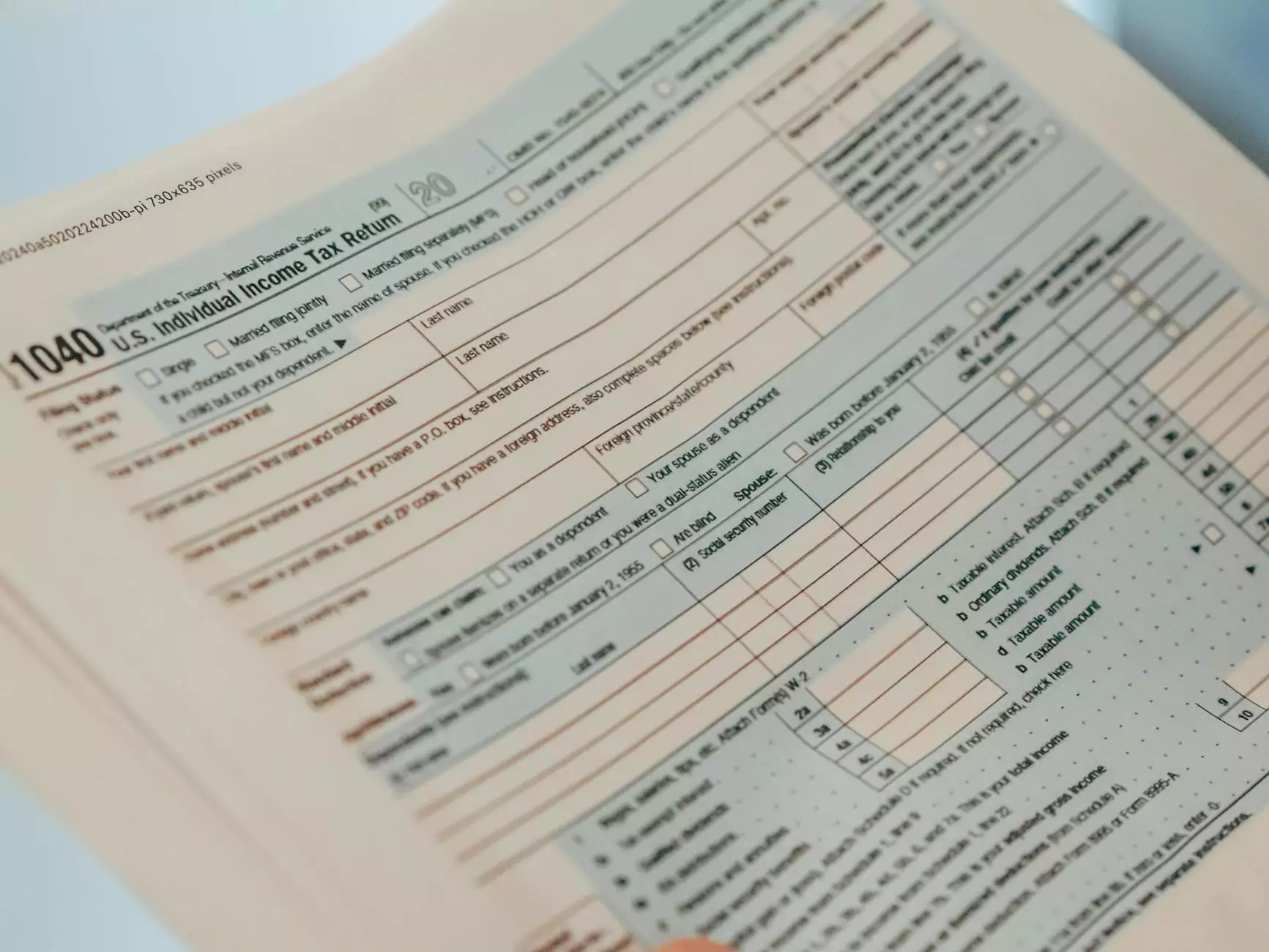Unlocking Business Potential with Data Compliance Software

In today's digitally-driven world, businesses face an overwhelming amount of data. With the rapid advancement of technology, the volume of data generated daily is staggering, making it crucial for organizations to manage this data effectively. However, simply accumulating data is not enough; companies must also ensure that they comply with various data protection regulations. This is where data compliance software comes into play.
Understanding Data Compliance
Before delving into the specifics of data compliance software, it is essential to understand the concept of data compliance. Data compliance involves adhering to laws and regulations governing data privacy and protection. Organizations must navigate a complex landscape of legal requirements such as the General Data Protection Regulation (GDPR), Health Insurance Portability and Accountability Act (HIPAA), and the California Consumer Privacy Act (CCPA).
Ensuring compliance is not only about avoiding penalties but also about building trust with customers. As consumers become increasingly aware of their privacy rights, they expect businesses to handle their data responsibly. By investing in effective data compliance software, organizations can showcase their commitment to protecting sensitive information while avoiding costly lawsuits or fines.
The Role of Data Compliance Software
Data compliance software serves as a vital tool for organizations striving to meet regulatory requirements. The software simplifies the complex processes associated with data management by providing a range of features designed to streamline compliance efforts. Here are some of the key roles that data compliance software plays in businesses:
- Data Inventory Management: The software helps companies identify and categorize data assets, making it easier to understand what data is being collected, where it is stored, and who has access to it.
- Automated Compliance Checks: Many data compliance solutions include automated compliance checks, ensuring that organizations regularly assess their data handling practices against the latest regulations.
- Incident Management: In the event of a data breach, compliance software provides tools to manage incidents effectively, reporting, and addressing issues promptly to minimize data exposure and regulatory fallout.
- Compliance Reporting: Comprehensive reporting features allow businesses to generate compliance reports for regulatory authorities, demonstrating their adherence to relevant laws.
- Data Protection Training: Some solutions offer training modules for employees to ensure they are aware of compliance requirements and their responsibilities regarding data handling.
Benefits of Implementing Data Compliance Software
Investing in data compliance software yields numerous benefits that go beyond mere legal compliance. Here are some compelling reasons organizations should consider:
1. Mitigating Risk
Non-compliance can result in severe penalties, including fines and legal actions. By using data compliance software, businesses can proactively manage their data, mitigating the risks associated with non-compliance. This proactive approach helps ensure that organizations stay ahead of regulatory changes and can adapt their processes accordingly.
2. Enhanced Customer Trust
In a climate where data privacy concerns are at an all-time high, customers are more likely to engage with brands they trust. By demonstrating robust data compliance practices through transparent policies and secure data handling, companies can foster greater trust among their clientele.
3. Operational Efficiency
Manual data compliance processes can be prone to errors and inconsistencies. Automation provided by data compliance software streamlines data management tasks, freeing up valuable resources and enabling employees to focus on core business activities.
4. Improved Data Quality
Compliance software often includes data quality management features, helping organizations maintain accurate and reliable data. High-quality data is crucial for informed decision-making and effective business strategies.
5. Increased Competitive Advantage
By adopting advanced data compliance software, organizations position themselves as leaders in data protection. This competitive edge not only attracts customers but can also enhance partnerships with other organizations looking to collaborate with compliant entities.
Choosing the Right Data Compliance Software
Selecting the right data compliance software involves considering several factors tailored to an organization's specific needs. Here are some critical aspects to evaluate when making your choice:
- Scalability: The software should easily accommodate the growing needs of your organization.
- Integration Capabilities: Ensure the software can seamlessly integrate with existing systems and tools to avoid disruptions.
- User-Friendly Interface: An intuitive design increases adoption rates among employees and simplifies training.
- Regular Updates: Choose a solution that frequently updates its features to remain compliant with changing regulations.
- Customer Support: Reliable customer support is crucial for troubleshooting issues and ensuring effective implementation.
Case Studies: Success Stories in Data Compliance
The effectiveness of data compliance software is best illustrated through real-world examples. Here are a couple of success stories demonstrating how businesses have leveraged these solutions for tangible benefits:
Example 1: Financial Institution's GDPR Compliance
A prominent financial institution faced enormous challenges in complying with the GDPR. They adopted a comprehensive data compliance software that enabled them to inventory all customer data and enforce strict access controls. This transformation not only helped the organization avoid hefty fines but also increased consumer confidence, leading to a notable uptick in new customer accounts.
Example 2: E-commerce Platform and Data Breach Responsiveness
An e-commerce platform experienced a data breach affecting thousands of customer accounts. With their data compliance software, they quickly adhered to reporting regulations, informing affected customers and regulatory bodies within the required time frame. The proactive measures mitigated potential damage to their reputation and fostered trust among users.
The Future of Data Compliance Software
The landscape of data protection is ever-evolving. As technology advances, so too will the regulations governing it. Organizations must stay informed about emerging trends in data compliance, such as:
- Artificial Intelligence (AI) Integration: The use of AI in data compliance software can enhance predictive analytics capabilities, allowing businesses to foresee compliance issues before they arise.
- Real-Time Monitoring: Future solutions may offer real-time data monitoring to swiftly detect and address compliance threats.
- Blockchain Technology: Leveraging blockchain can provide unparalleled transparency and security in data handling practices, ensuring compliance and trust.
Conclusion: Investing in Data Compliance Software
In conclusion, data compliance software is an essential asset for any organization looking to thrive in a data-centric business environment. By ensuring adherence to data protection regulations, companies can mitigate risks, enhance customer trust, and operate more efficiently. As the world becomes increasingly interconnected, the importance of data compliance will only grow. Investing in the right data compliance software today not only safeguards your business but also positions it for future success.
Organizations such as Data Sentinel offer IT Services & Computer Repair as well as Data Recovery services that incorporate data compliance strategies into their offerings, ensuring clients are well-equipped to manage their data responsibly. Embrace the power of data compliance software and unlock the full potential of your business.









